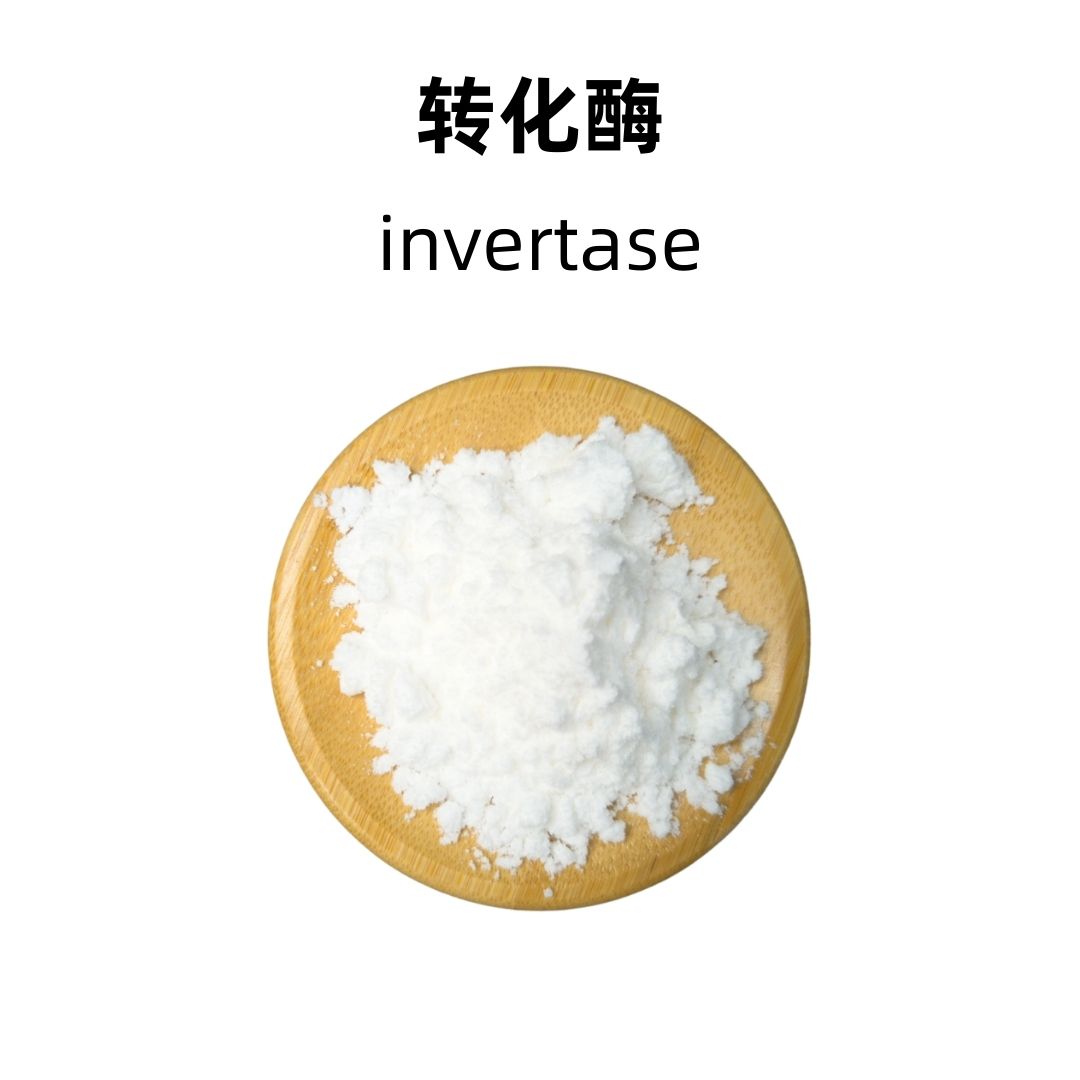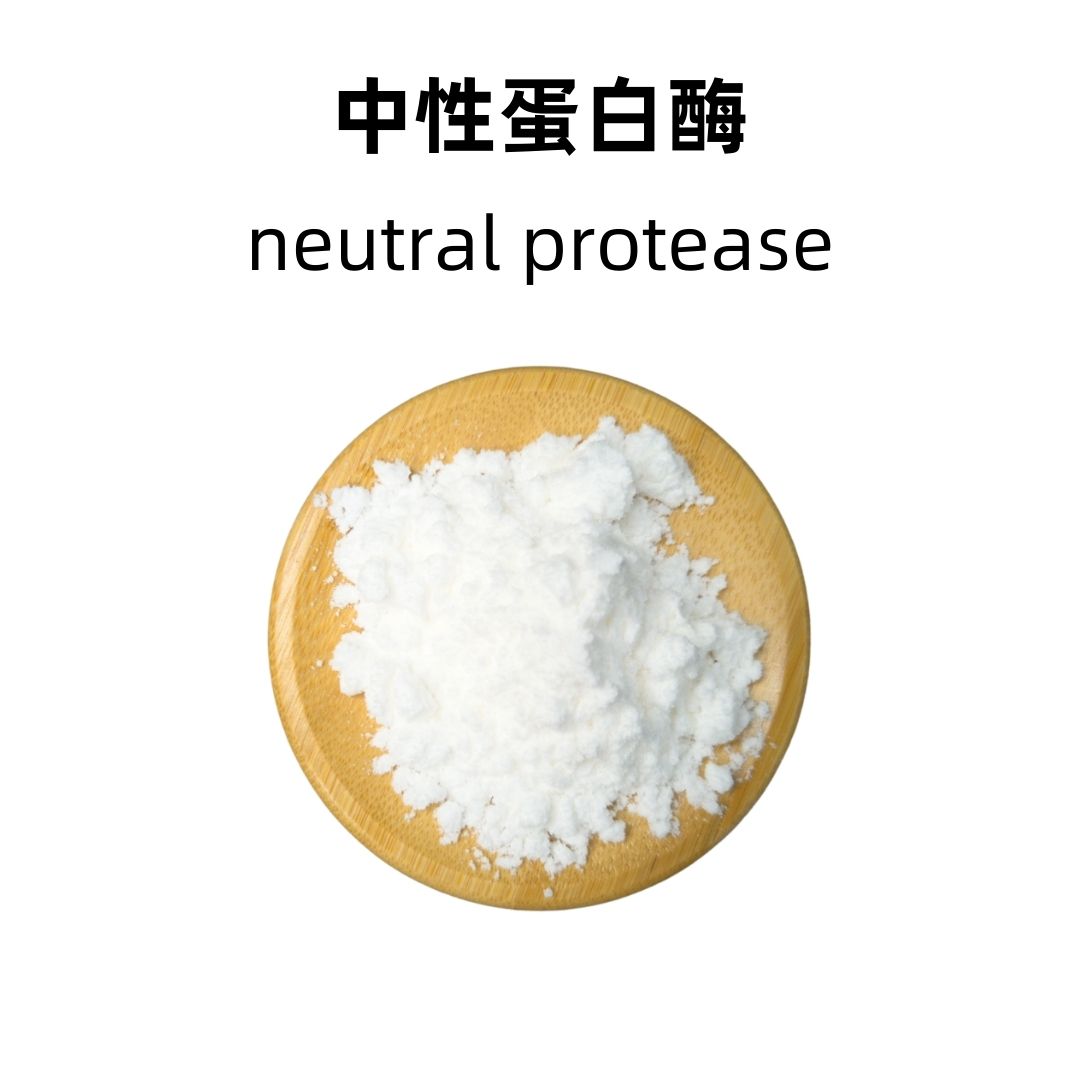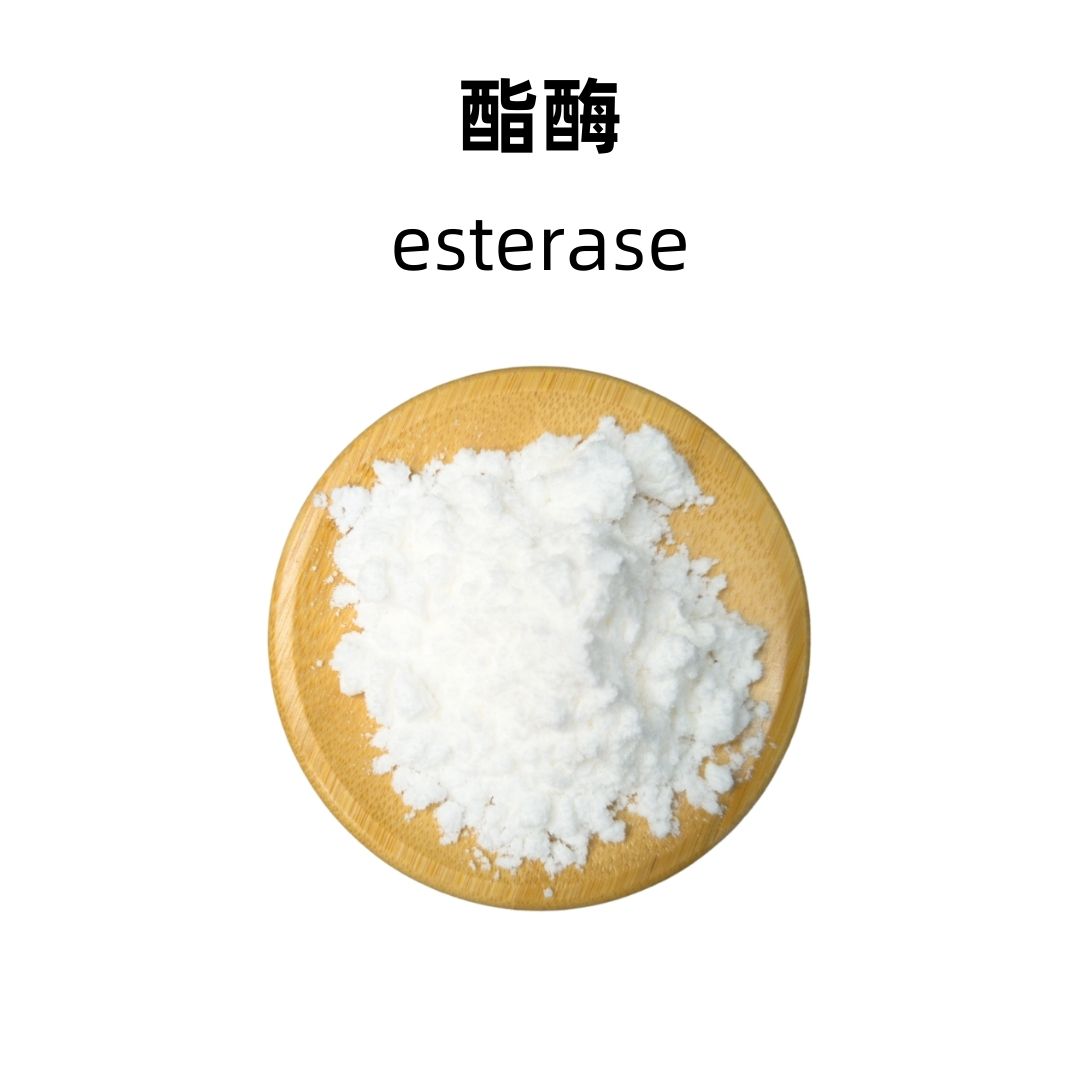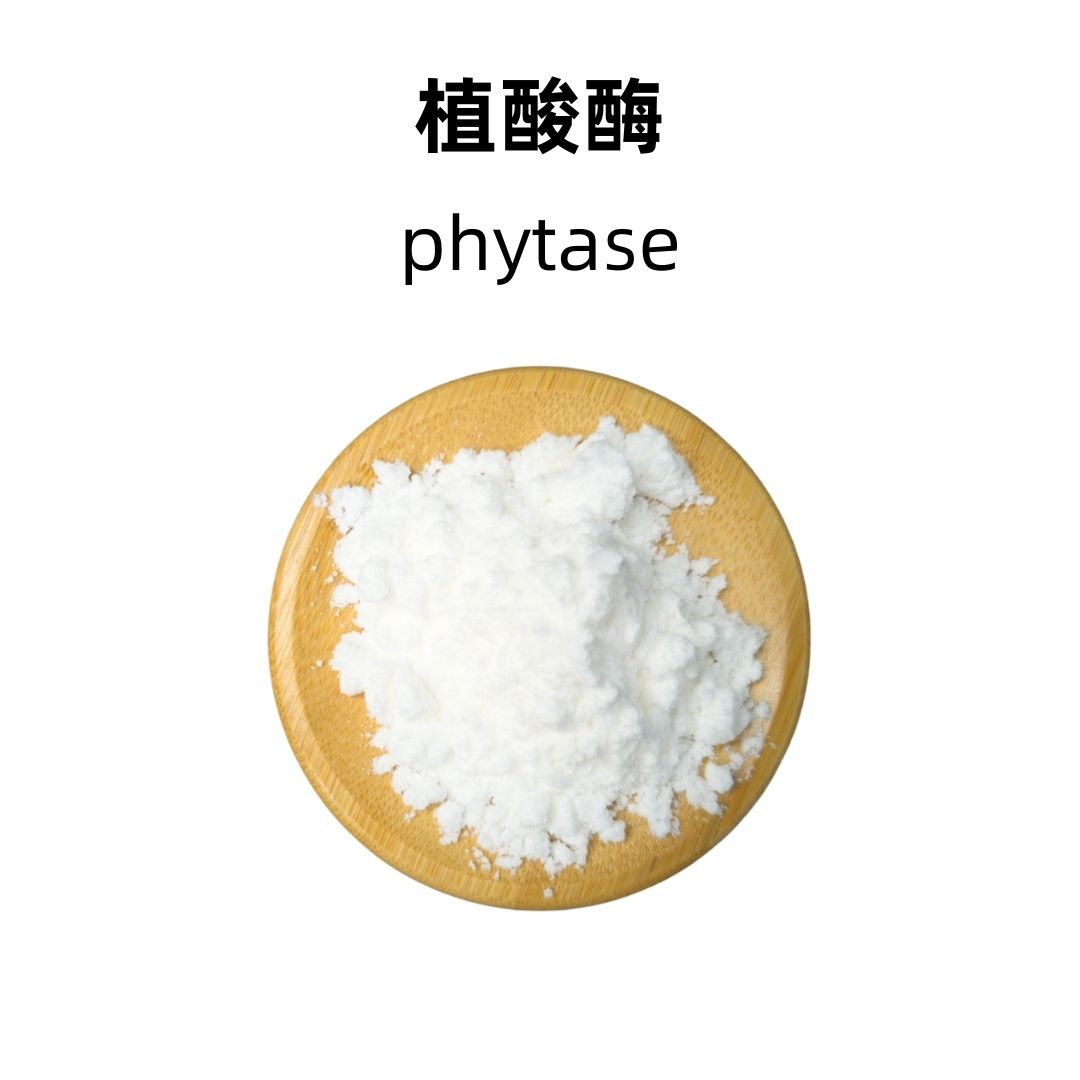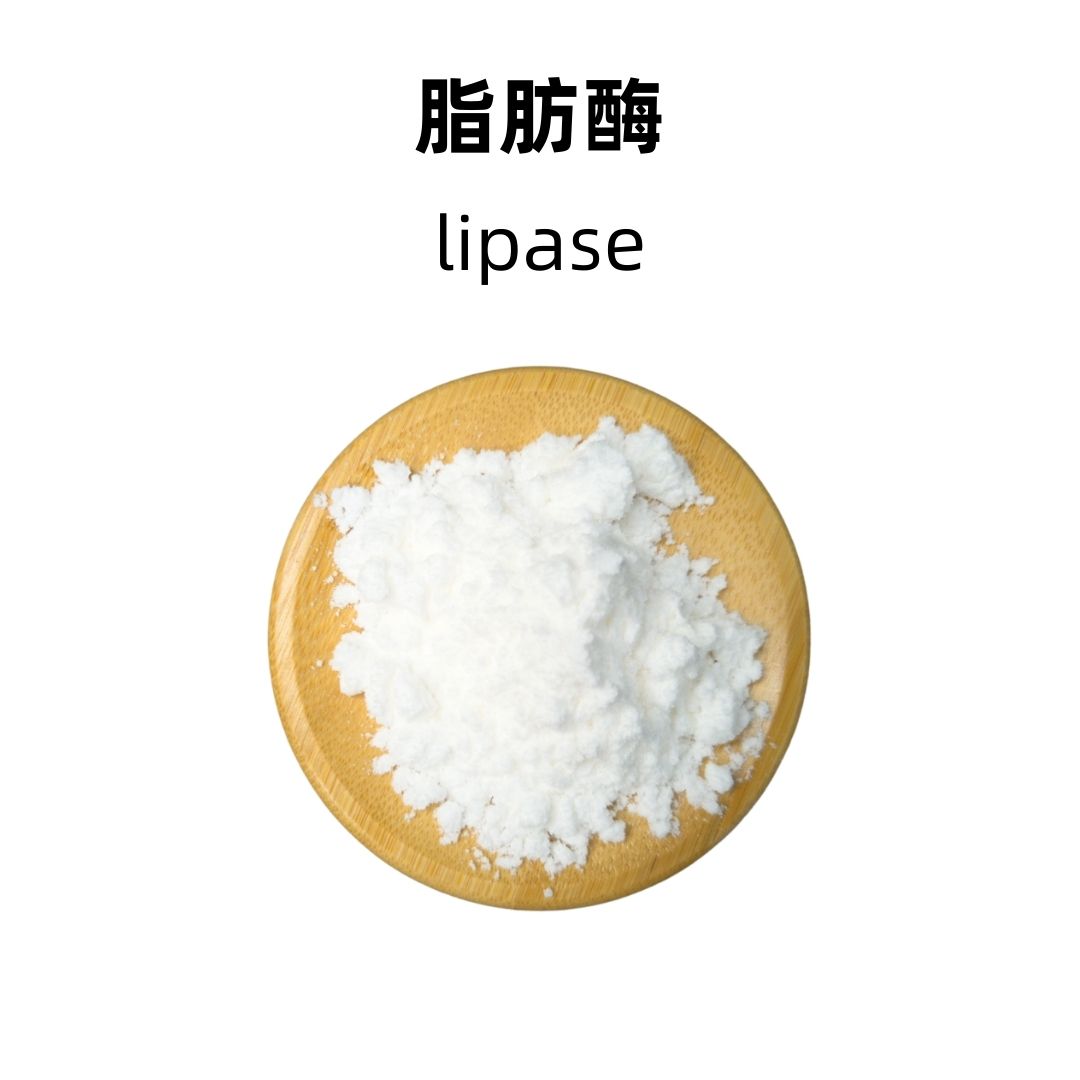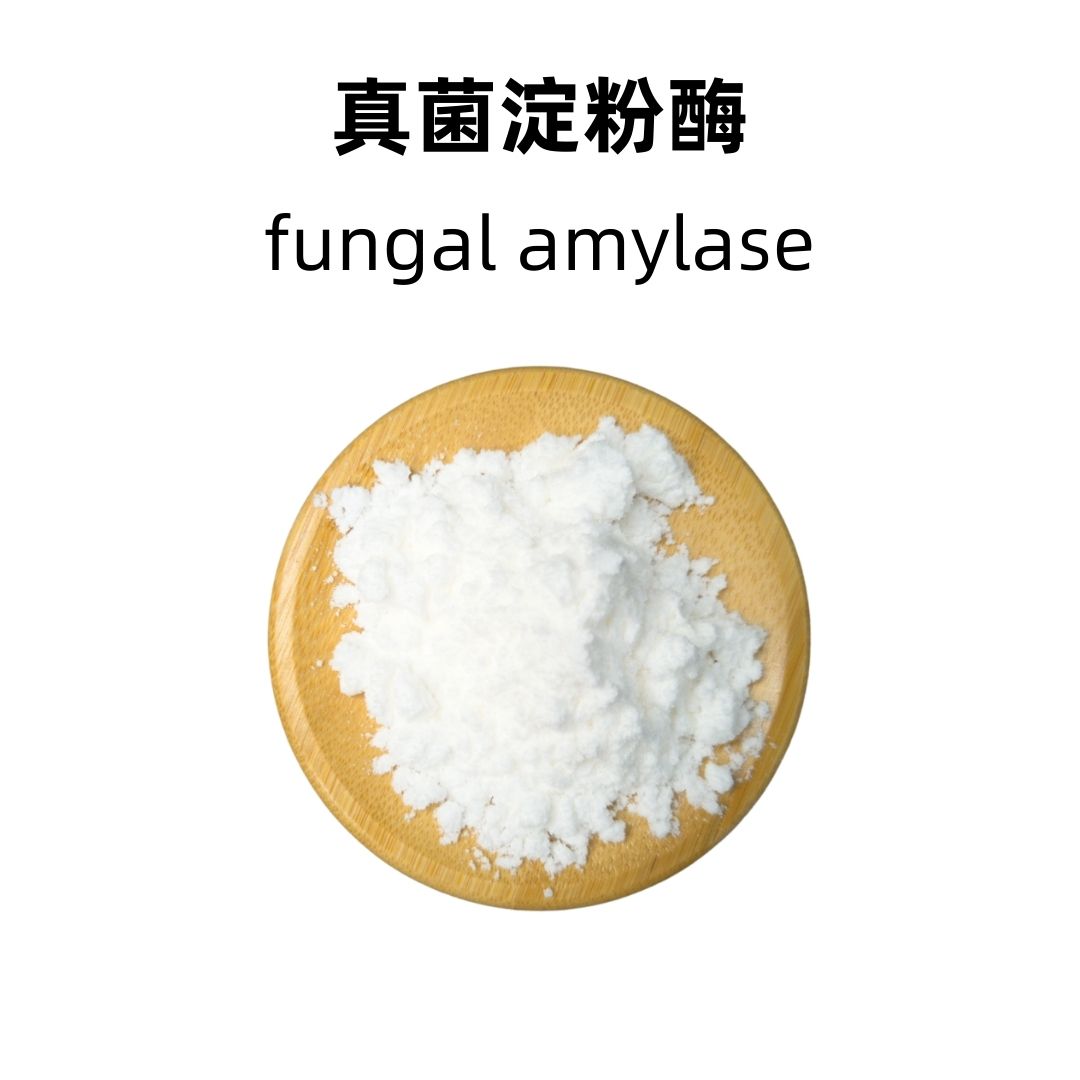Product Introduction
Cellulase is a critical enzyme that catalyzes the hydrolysis of cellulose into glucose and other small saccharides. It plays an essential role in various biological and industrial processes. This enzyme is sourced from fungi and bacteria, which are efficient at breaking down cellulose, a major component of plant cell walls. Understanding cellulase is vital for its applications in different sectors.
Production Process
The production of cellulase involves fermentation methods where specific microorganisms, chiefly fungi, are cultivated. These microorganisms produce cellulase as they consume cellulose-rich substrates. Once fermentation completes, the enzyme is extracted and purified through various techniques, including filtration and chromatography. The final product is then concentrated and dried to form a stable powder.
Effects and Functions
Cellulase exhibits several important functions beyond breaking down cellulose. It helps in enhancing digestibility of feed in livestock, improves fermentation efficiency in biofuel production, and is used to improve the clarity of fruit juices and wines in the food industry. The enzyme also assists in textile processing, ensuring that fabrics are softened and prepared correctly for dyeing and finishing.
Application Scenarios
Cellulase can be used across a broad array of industry sectors. In agriculture, it aids in feed preparation by increasing nutrient availability. In the textile industry, it helps in bio-polishing cotton and other fibers. Furthermore, in the biofuel sector, cellulase enhances the conversion of biomass into sugars, which are further fermented into ethanol. Other applications include paper production and waste management, where its ability to break down plant material can be utilized.
Packaging and Storage
Storage Conditions: The product should be sealed, protected from light, kept away from high temperatures, and stored in a dry, cool, and well-ventilated place.
Packaging: Available in bulk: 25 kg per fiber drum. Sample sizes come in 1 kg per aluminum foil bag. Custom packaging is available upon request.
Shipping Methods: FedEx, DHL, dedicated logistics, and sea freight consolidation options are provided for effective delivery.
Shelf Life: Two years, if stored under recommended conditions.
Monica Sun possesses extensive technical expertise and market insights in the food additives industry. She excels in designing efficient and safe additive formulations tailored to various food applications, ranging from sweeteners to functional dietary fibers. Monica has successfully assisted food manufacturers in optimizing ingredient combinations to enhance product quality and improve consumer satisfaction.









